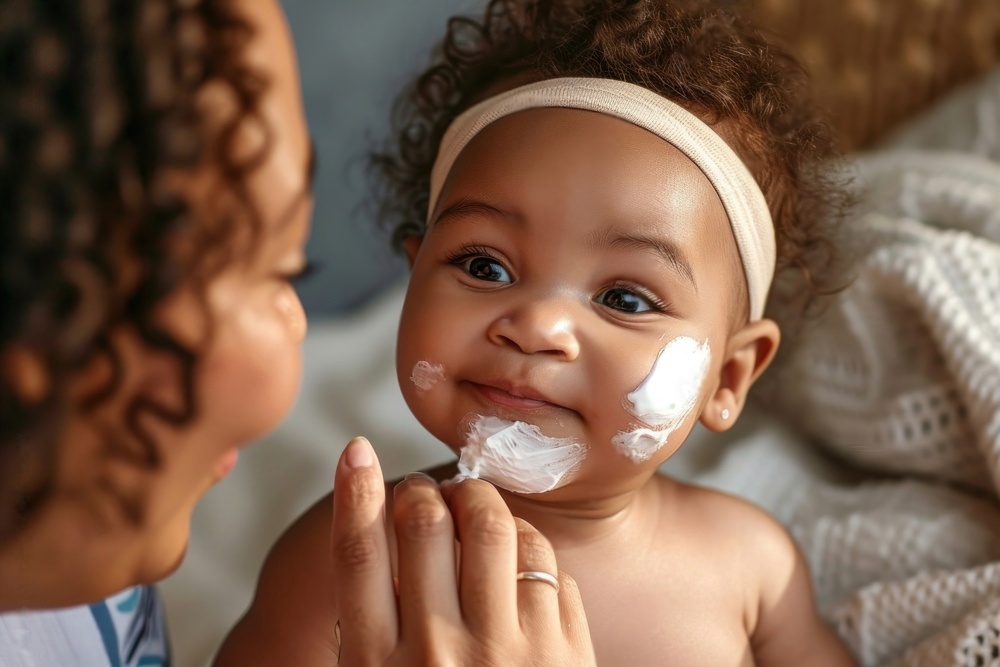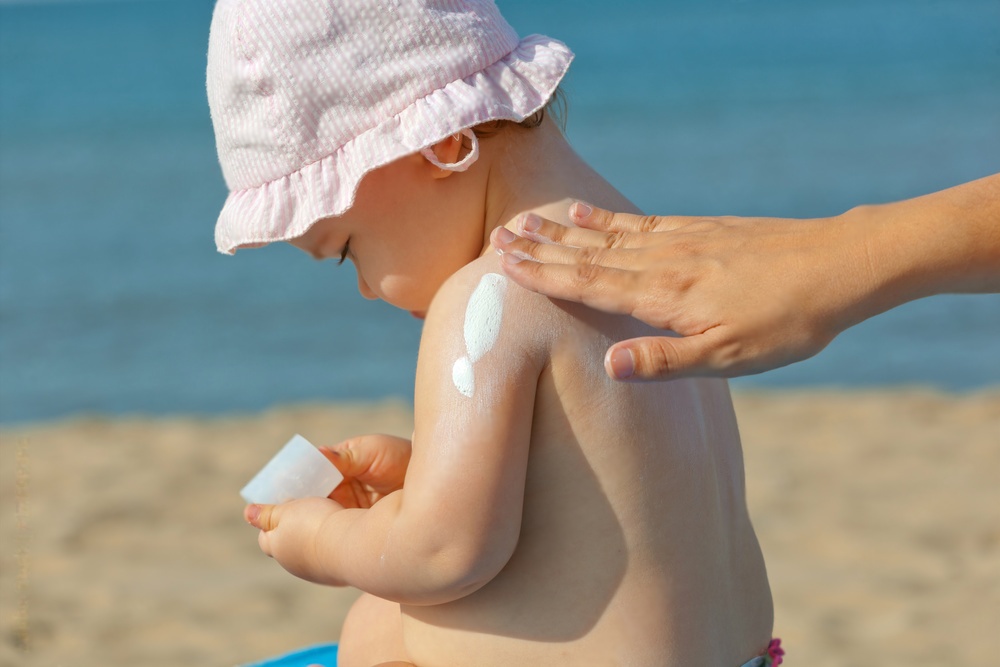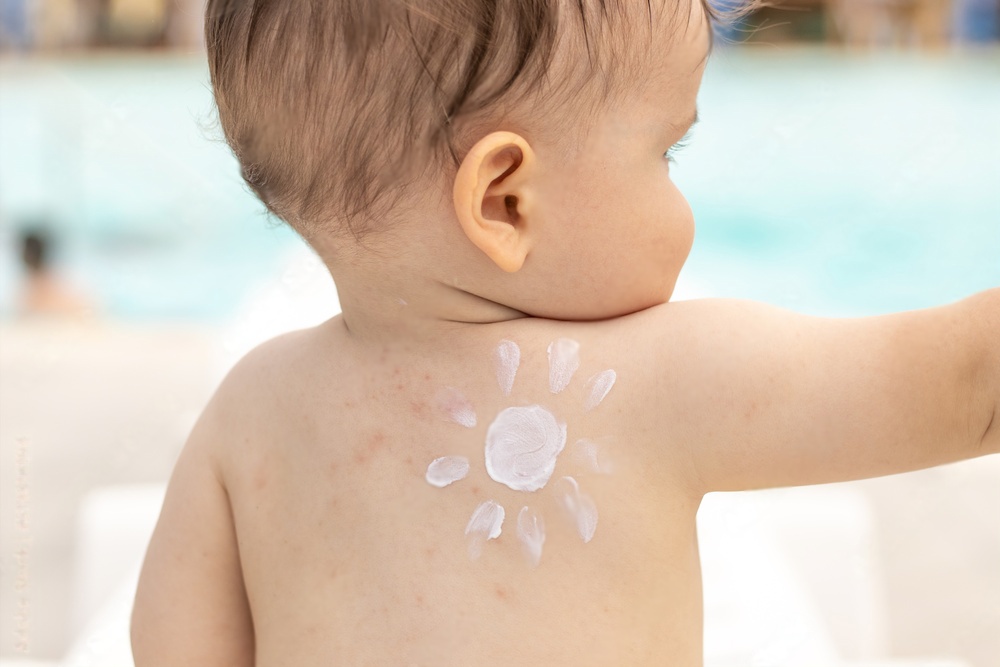In the realm of child skincare, hydration stands as a cornerstone for maintaining healthy and vibrant skin. Proper hydration is not just crucial for overall health, but it plays a pivotal role in preserving the delicate skin of children. Understanding the significance of hydration in child skincare routines can lead to healthier skin and prevent a myriad of skin issues.
Understanding the Delicate Nature of Children’s Skin
Children’s skin is inherently more sensitive and delicate compared to adults. The outermost layer of their skin, known as the stratum corneum, is thinner, making it more prone to dryness and irritation. Moreover, their skin’s ability to retain moisture is less efficient, necessitating extra care to ensure it remains adequately hydrated.
Why Hydration Matters
Hydrated skin is more resilient and better equipped to act as a barrier against environmental aggressors such as pollutants and harmful UV rays. When skin is properly hydrated, it maintains its elasticity and strength, which are vital for protecting against abrasions and infections. In children, this is particularly important as their skin is still developing and adapting to external conditions.
Key Benefits of Hydration in Child Skincare
1. Enhances Skin Barrier Function
A well-hydrated skin barrier is essential for protecting the skin from irritants and pathogens. In children, maintaining a strong barrier function is crucial to prevent common issues like eczema and dermatitis. Hydration helps in keeping the skin barrier intact, reducing the likelihood of these conditions.
2. Prevents Dryness and Flakiness
Dry skin can lead to discomfort and itching, which may cause children to scratch and potentially damage their skin. Hydrating the skin helps to prevent dryness and flakiness, ensuring that the skin remains smooth and soft. Regular application of moisturizers can lock in moisture, providing a continuous supply of hydration.
3. Promotes Healing and Regeneration
Children are prone to minor cuts, scrapes, and bruises. Hydrated skin has a better capacity to heal and regenerate. Water is a vital component of the skin’s repair processes, facilitating the delivery of nutrients to damaged areas and promoting quicker recovery.
4. Improves Skin Texture and Tone
Hydration contributes significantly to the overall texture and tone of the skin. Well-hydrated skin appears plumper, more radiant, and even-toned. For children, this means healthier-looking skin that is less likely to develop uneven patches or rough spots.
Effective Hydration Strategies for Child Skincare
1. Choosing the Right Moisturizer
Selecting a suitable moisturizer is paramount in maintaining skin hydration. Opt for products that are specifically formulated for children, free from harsh chemicals and fragrances. Ingredients such as glycerin, hyaluronic acid, and ceramides are excellent for attracting and retaining moisture in the skin.
2. Ensuring Adequate Water Intake
Internal hydration is just as important as external application. Encourage children to drink plenty of water throughout the day. Proper water intake helps to hydrate the skin from within, complementing the effects of topical moisturizers.
3. Using Gentle Cleansers
Harsh soaps and cleansers can strip the skin of its natural oils, leading to dryness. Use mild, pH-balanced cleansers that are gentle on the skin. Avoid products with sulfates and alcohols, as these can exacerbate dryness and irritation.
4. Implementing a Humidifier
Dry indoor air, especially during winter months, can sap moisture from the skin. Using a humidifier in your child’s bedroom can help maintain a moisture-rich environment, preventing the skin from drying out.
5. Protecting Skin from Harsh Weather
Extreme weather conditions, such as cold winds and scorching sun, can dehydrate the skin. Ensure that children are appropriately dressed for the weather and use protective creams like sunscreen and barrier ointments to shield their skin from harsh elements.
Common Myths About Hydration in Child Skincare
1. Only Dry Skin Needs Moisturizers
Even if a child’s skin doesn’t appear dry, it still requires regular moisturizing to maintain hydration levels and support the skin barrier. Oily and combination skin types can also benefit from lightweight, non-comedogenic moisturizers.
2. Drinking Water Alone is Enough
While drinking water is crucial, it is not the sole solution for skin hydration. Topical moisturizers play a critical role in providing immediate hydration and creating a barrier to prevent moisture loss.
3. High-End Products Are Always Better
Expensive skincare products are not necessarily more effective. The key is to choose products with beneficial ingredients and to follow a consistent skincare routine. There are many affordable options that can adequately hydrate and protect a child’s skin.
Hydration Tips for Different Ages
Infants
For infants, focus on gentle hydration methods. Use fragrance-free, hypoallergenic moisturizers and limit bath time to prevent excessive dryness. Applying a thin layer of moisturizer right after bathing can lock in moisture effectively.
Toddlers
As children grow into toddlers, they become more active, which might increase the likelihood of skin abrasions. Continue using gentle moisturizers and ensure they drink adequate water. Incorporate moisturizing routines into their daily habits to instill good skincare practices early on.
School-Aged Children
School-aged children may begin to develop specific skin concerns such as eczema or minor acne. Tailor hydration routines to address these issues by using products that cater to their specific needs, such as non-comedogenic moisturizers for acne-prone skin or thicker creams for eczema-prone areas.
The importance of hydration in child skincare routines cannot be overstated. Hydrated skin not only looks and feels better but is also more resilient against a host of skin issues. By incorporating proper hydration practices, including the use of suitable moisturizers, ensuring adequate water intake, and protecting against harsh weather, we can ensure that children’s skin remains healthy and vibrant. Instilling these habits early on will set the foundation for lifelong healthy skin care practices.



